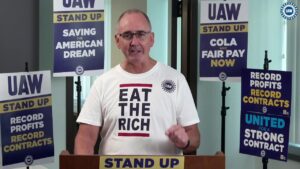
The outside-the-box choice for VP.
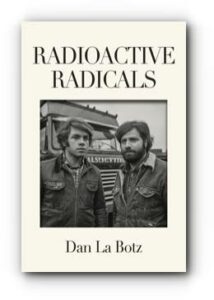
With Radioactive Radicals, Dan La Botz has written a bold and unique novel that is ultimately a novel of questions and uncertainties.
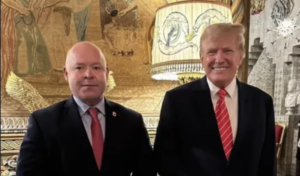
A speaking engagement at the Republican National Convention by Teamster President Sean O’Brien only normalizes the most anti-union party and President I’ve seen in my lifetime.

The Democratic corporate centrist is the lesser evil to Trump, the wannabe rightwing dictator. But does that mean socialists should support the Democratic candidate to stop Trump?
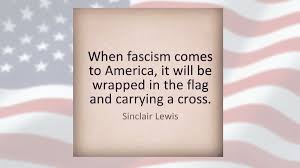
A month ago, we had a debate in Solidarity on the question of the U.S. presidential election in which I argued the need to vote for Biden in order to defeat Trump.

The Libertarian Party has become just another flavor of the same reaction that propelled Trump to office in the first place.
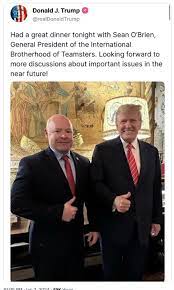
An important discussion is taking place among Teamster activists about the leadership of Sean O’Brien. It is also a conversation about the part being played by of Teamsters for a Democratic Union.
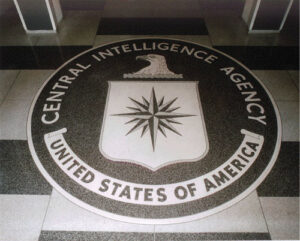
John Clarke recommends Oliver Kearns’ book “The Covert Colour Line,” on racism as the foundation of US and British intelligence agencies.
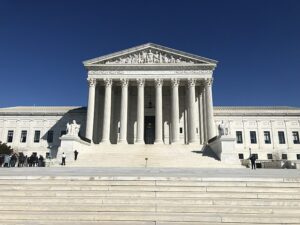
Legal scholar Elizabeth Rapaport outlines various threats to voting rights and democratic elections, posed by the conservative Supreme Court.
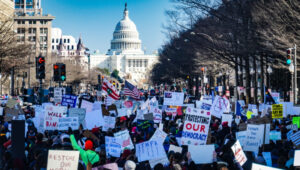
American politics are in turmoil, all of politics in the broadest sense.
In the White House, in the Congress, in the courts, in state governments, in communities urban, suburban, and rural, in labor and social movements, and in the streets. . . .
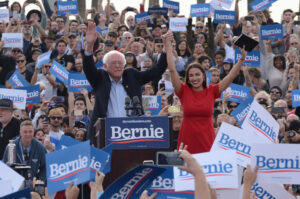
Socialists need to use the growing working class surge to get beyond the dead end of mainstream electoral politics.
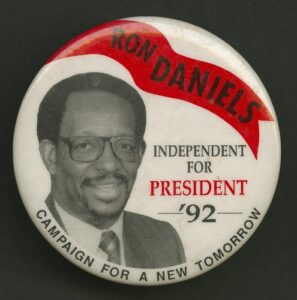
Ron Daniels decided to run for president in 1992 after his experience as national director of the Rainbow Coalition during Jesse Jackson’s 1988 presidential campaign.
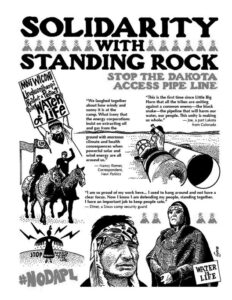
Brian Ward narrates his experience of participating in the Standing Rock encampment in 2016 and analyzes the legacy of the struggle.

The labor movement in the United States is passing through a transition from the stagnation of the period from 1980-2010 to a new period of dynamic change in industrial decentralization, new technologies, work, organization, union activism, and the enormous and enveloping issue of climate chan
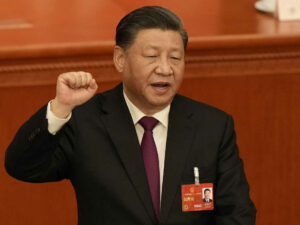
Given China’s drivers, it’s difficult to imagine how this trend could be halted or reversed short of the collapse or overthrow of the CCP. That’s coming but of course it’s impossible to predict when.
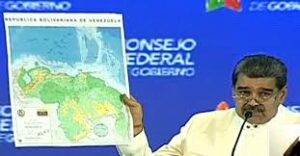
Venezuelan President Nicolás Maduro shows new map of Venezuela’s incorporation Eusebio Province of Guyana.
The United States has taken the first steps in becoming involved in a potential war between Venezuela and Guyana. President Nicolás Maduro of Venezuela is claiming the . . .
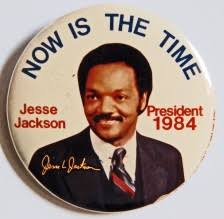
While many Black voters and others admired and took pride in his achievement, some on the left felt he had ultimately served the Democratic Party establishment.